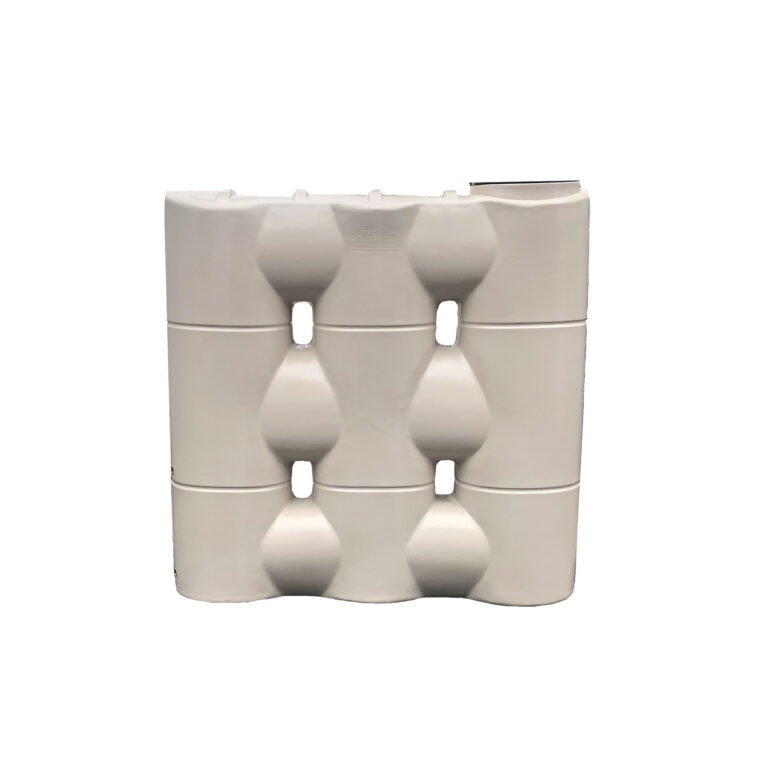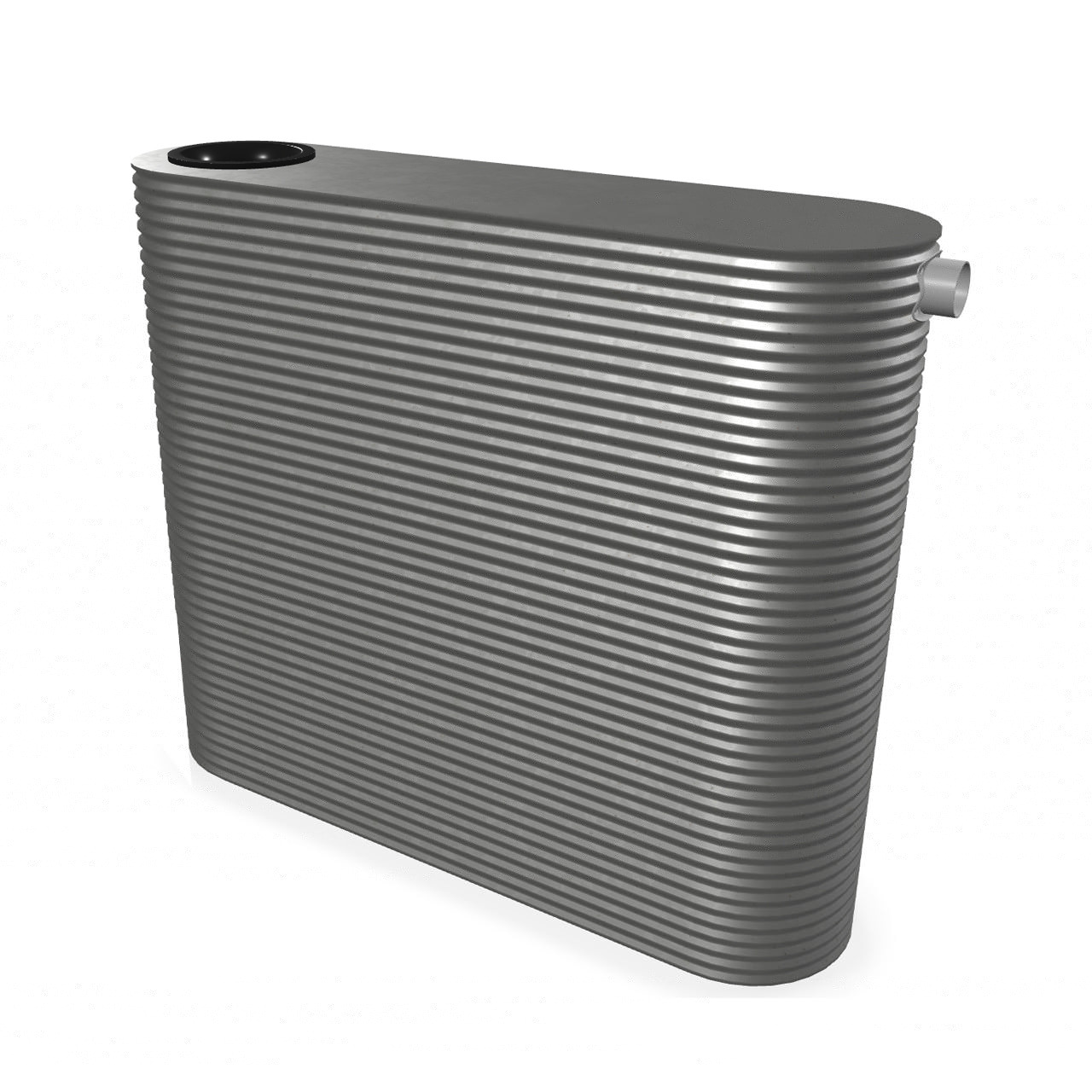Checking Out the Numerous Uses Rainwater Tanks for Residential and Commercial Properties
As the international concentrate on lasting living techniques remains to magnify, the use of rainwater storage tanks in both residential and industrial settings has emerged as a relevant remedy. These storage tanks supply a tank for rain harvesting, offering a myriad of possible applications that extend far beyond plain storage space. From irrigation to toilet flushing and landscape design, the flexibility of rainwater storage tanks is vast. Their assimilation into business homes opens up a realm of opportunities for eco mindful services. The multifaceted uses of rainwater storage tanks provide a compelling situation for their adoption, not just as a sensible water-saving step yet additionally as a testimony to accountable source administration.
Advantages of Using Rain Tanks
Using rainwater storage tanks supplies various benefits for both homes and communities in regards to water conservation and sustainability. One of the crucial benefits of using rainwater containers is the considerable reduction in dependence on mains water supply - Slimline water tanks. By capturing and keeping rain for later use, individuals and communities can lower their demand for cured water, inevitably relieving the burden on water therapy centers and lowering energy usage linked with water transport and treatment
In addition, rain collecting through tanks offers a dependable different water resource throughout times of water restrictions or shortages. This stored rainwater can be used for various non-potable objectives such as irrigation, flushing bathrooms, and washing clothing, reducing the strain on standard water sources. Furthermore, making use of rain storage tanks can lead to set you back savings for both families and communities by reducing water expenses and reducing the need for costly facilities expansions to meet expanding water needs.
Fundamentally, the usage of rain tanks supplies a lasting and eco-friendly strategy to water monitoring, profiting both private users and the more comprehensive area in terms of water conservation, cost-efficiency, and resilience.
Rainwater Container Use in Irrigation
Given the advantages of rain tanks in saving water sources and reducing reliance on mains water supply, a substantial application hinges on using kept rain for watering objectives - Slimline water tanks. Rain harvesting systems can efficiently gather and keep rain, offering a sustainable water source for sprinkling gardens, grass, and agricultural fields. By using rain for watering, residential property owners can reduce their dependence on cured water resources, leading to set you back financial savings and environmental advantages

Among the primary benefits of making use of rain for irrigation is its purity. Rainwater is naturally soft and cost-free from the chemicals and additives Click This Link frequently discovered in mains water, making it suitable for nourishing plants without the threat of unsafe effects. In addition, rainwater goes to ambient temperature level, which can benefit plant development by preventing temperature level shocks that can accompany cold keys water.
Rain Tanks for Toilet Flushing

Applying rain containers for toilet flushing is an economical and eco pleasant technique that can be conveniently integrated into both domestic and commercial buildings. The saved rainwater can be used to purge bathrooms by attaching the tank to the existing pipes system. This easy yet effective service can considerably decrease water consumption in a building, specifically in locations where water shortage is a problem.

Including Rain Containers in Landscaping
An efficient technique for boosting sustainability in landscape design involves incorporating rain storage tanks to maximize water use and advertise eco-friendly techniques - Slimline water tanks. Incorporating rain tanks in landscape design provides various advantages for both residential and commercial properties. These tanks can record and keep rain drainage from roof coverings, which can then be made use of for watering yards, grass, and plants. By making use of rainwater for irrigation purposes, residential property owners can minimize their dependence on local water resources, leading to cost financial savings and conservation of priceless water sources.
Along with providing a lasting water resource for landscaping needs, rainwater storage tanks can also help in taking care of stormwater overflow. By recording rain that would certainly otherwise stream into tornado drains pipes, these storage tanks can alleviate erosion, decrease flooding threats, and protect against air pollution of all-natural water bodies. Including rainwater storage tanks in landscaping can contribute to the general aesthetic appeal of the residential property, showcasing a dedication to ecological stewardship.
Business Applications of Rain Tanks
Making use of rain storage tanks in commercial setups provides a sustainable solution for water management and conservation, benefiting services and the atmosphere alike. Industrial applications of rain containers vary and increasingly prominent as a result of the expense financial savings and ecological benefits they provide. One vital commercial usage is for watering functions, where gathered rain can be utilized to water landscape design, yards, and farming fields bordering industrial residential properties. This can bring about considerable decreases in water expenses and dependence on community water resources.
Additionally, rainwater collected in storage tanks can be treated and utilized for non-potable functions within industrial residential or commercial properties, such as flushing bathrooms, cleaning, and cooling down systems. On the whole, the unification of rain storage tanks in commercial click to read more settings provides a practical and environmentally responsible technique to water administration.
Conclusion
In verdict, rainwater storage tanks provide many benefits for both household and industrial buildings. From watering to bathroom flushing and landscaping, the use of rain tanks can assist save water resources and decrease water bills. In addition, including rainwater tanks in industrial settings can lead to considerable cost savings and ecological advantages. Generally, the flexibility and sustainability of rainwater storage tanks make them a valuable investment for any kind of property owner seeking to enhance water effectiveness.
Comments on “Slimline Water Tanks: The Perfect Selection for Urban Water Storage”